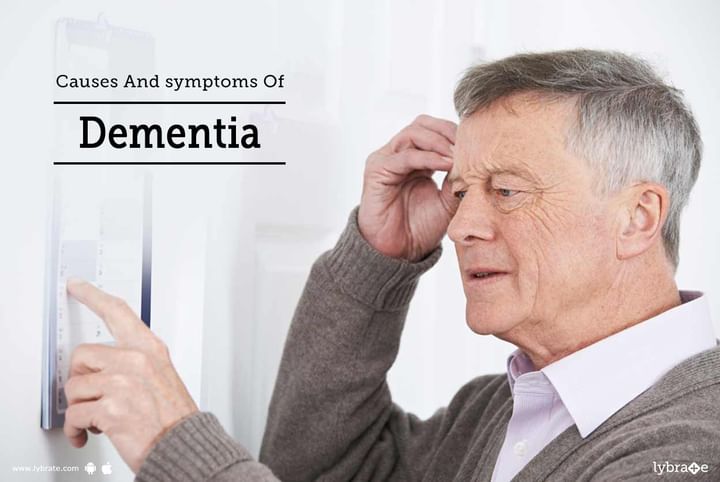Causes And symptoms Of Dementia
Dementia cannot be singularly regarded as a specific disease, but rather indicates a group of symptoms associated with your memory, cognitive thinking and social abilities, up to the point where daily functioning gets affected. In most cases, Dementia steadily worsens over time (progressive dementias). Dementia is not to be confused with memory loss alone; because it is natural with old people to experience memory loss, but that does not necessarily mean they have Dementia. If the reason is Dementia, then you may require medical treatment.
Causes
Dementias are generally caused either by damage to or changes in the nerve cells operating in the brain. The causes can be grouped differently based on the type of dementia experienced and the part of the brain affected. While some causes can be reversed with effective treatment, others, unfortunately, cannot.
The most common causes of Dementia which cannot be reversed include :
1. Alzheimer's disease
2. Vascular dementia
3. Parkinson's disease
4. Frontotemporal dementia
5. Dementia with Lewy (Dementia which is neurodegenerative and progressive in nature) bodies
6. Severe head injuries
Other irreversible causes which are relatively rarer than usual include :
1. Huntington's disease (breakage of the brain's nerve cells)
2. Creutzfeldt-Jakob disease (irreversible and fatal brain disease)
3. Multiple sclerosis or Amyotrophic lateral sclerosis
4. Infections like syphilis
5. Leukoencephalopathies (diseases affecting the brain's 'white' areas)
6. Brain injuries
7. Multiple system atrophy
Causes of Dementia which can be treated include :
1. Hypothyroidism
2. Heavy metal poisoning
3. Certain brain tumors
4. Chronic alcoholism
5. HIV/AIDS
6. Vitamin B12 deficiency
7. Medicinal side effects or abnormal drug reactions
8. Normal pressure hydrocephalus
9. Certain cases of encephalitis
Symptoms of Dementia include
1. Memory loss
2. Difficulty finding the right words
3. Difficulty exercising judgments, especially during emergencies
4. Inability to recall particular events or to recognize people and places
5. Depression or other mood disorders, in addition to symptoms like uncontrolled aggression or constant agitation



+1.svg)
